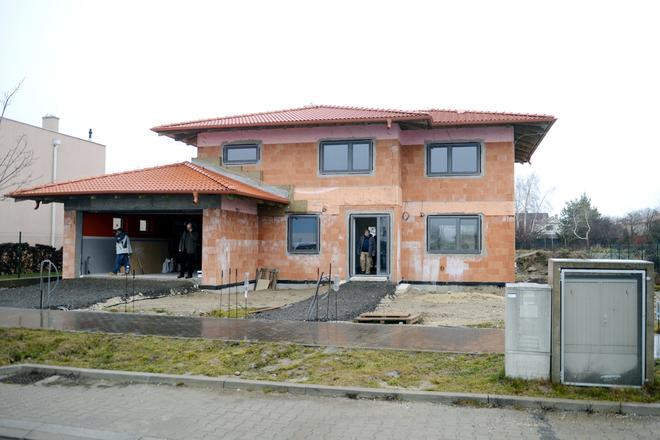Housing construction savings was the first state-supported scheme helping Slovaks either to improve their housing or acquire their own after the fall of the communist regime. At that time not only did the prices of residential real estate skyrocketed, but existing housing was in great need of reconstruction.
Now, with the Slovak housing loan market fully developed, offering potential clients several paths to their own housing and housing construction savings only a supplementary product, the Finance Ministry wants to revamp it. Its plan is to make it more targeted and effective as well as invest saved money into rental housing.
“Times are changing and we believe that it is necessary to use state funds more to address rental housing,” said Finance Minister Peter Kažimír during a TA3 news channel discussion programme.
The response of construction savings banks was stormy. They consider the proposed changes as unacceptable, claiming that they would harm integrity and stability of the scheme.
“Based on the proposals we assume that none of the ministry’s goals would be met,” said Jozef Adamkov, head of the Wüstenrot Stavebná Sporiteľňa board of directors, as cited by the Sme daily.
Proposed changes
Under the housing construction saving scheme in Slovakia, savers can sign a contract with any of three specialised banks. They firstly save for six years when the state provides them an annual premium in case their annual savings are high enough. After this period they are entitled to a soft loan. In case they do not want to wait six years, they can take a commercial interim loan. Those savers who do not want to take a loan after the six-year period can walk away from the bank with the saved money, premiums and interest rates and use them for any purposes.

So far there had been no limits as to who could join this savings scheme. Now the government wants to change this. It proposes limiting the granting of the annual premium to savers older than 18 years and only to those whose average monthly wage does not exceed 1.3-times the average wage. And those clients taking interim loans will be not entitled to a premium.
The ministry proposes to limit savers after completing the six-year saving cycle to only using the obtained funds on housing purposes.



 (source: TASR)
(source: TASR)